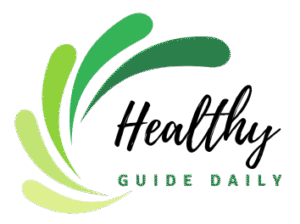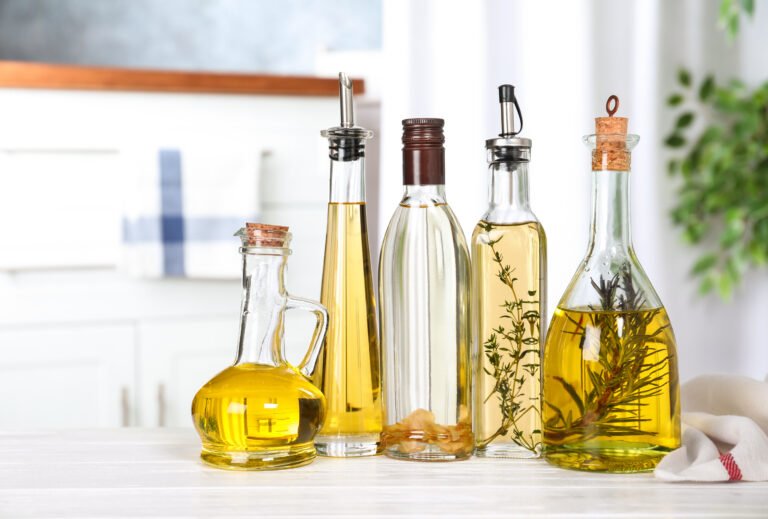A simple vitamin that costs pennies per dose might hold the key to dramatically improving breast cancer treatment success rates and potentially preventing the disease altogether.
Story Highlights
- Brazilian clinical trial found vitamin D supplementation nearly doubled chemotherapy success rates in breast cancer patients
- Women receiving 2,000 IU daily achieved 43% complete response versus 24% with placebo during treatment
- Laboratory studies show vitamin D regulates cell growth and triggers cancer cell death
- Experts call for larger trials before universal recommendations can be made
The Brazilian Breakthrough That Has Oncologists Talking
The medical community took notice when Brazilian researchers published findings that stopped many oncologists in their tracks. Women with breast cancer who received 2,000 IU of vitamin D daily during chemotherapy achieved pathological complete response rates of 43% compared to just 24% in the placebo group. Dr. Jason Mouabbi from MD Anderson Cancer Center called the results “striking,” though he cautioned that validation through larger studies remains essential.
The 2024 study, published in Nutrition and Cancer, tracked patients throughout their chemotherapy regimens. Those supplementing with vitamin D showed significantly better outcomes when tissue samples were examined after treatment. Dr. Carvalho-Pessoa, the study’s lead author, stated the results justify larger investigations into vitamin D’s role in breast cancer remission.
Could Vitamin D Make a Difference After a Breast Cancer Diagnosis? 🌤️💗
Research continues to show that vitamin D isn’t just important for prevention, it may also play a key role in survival.
A pooled analysis of over 4,400 women with breast cancer found that those with higher… pic.twitter.com/voInDDYxJJ
— GrassrootsHealth (@Grassroots4VitD) October 17, 2025
How a Sunshine Vitamin Battles Cancer at the Cellular Level
Vitamin D’s cancer-fighting mechanisms extend far beyond its traditional role in bone health. Laboratory research reveals the nutrient regulates cell growth patterns, promotes apoptosis in malignant cells, and inhibits angiogenesis. Dr. Daniel Landau from the Medical University of South Carolina suggests vitamin D may alter the tumor microenvironment, making cancer cells more vulnerable to chemotherapy drugs.
The biological plausibility stems from decades of laboratory work showing vitamin D receptors throughout breast tissue. When activated, these receptors trigger cascades that can halt uncontrolled cell division and encourage damaged cells to self-destruct rather than become malignant. This cellular housekeeping function may explain why populations with higher sun exposure historically showed lower cancer rates.
Watch:
The Conservative Approach to a Promising Lead
The current evidence suggests vitamin D deserves serious consideration as an adjunct to standard breast cancer treatment, particularly given its safety profile and low cost. However, rushing to universal recommendations without adequate clinical validation would contradict sound medical principles. The most prudent path involves supporting rigorous research while encouraging patients to discuss vitamin D status with their oncologists.
For women facing breast cancer treatment, the Brazilian study offers hope that a simple, affordable supplement might improve their odds. Yet the medical establishment’s cautious response reflects wisdom earned through decades of promising leads that ultimately disappointed. The balance between hope and evidence-based medicine will guide vitamin D’s future role in cancer care.
Sources:
HealthCentral – Vitamin D Improves Breast Cancer Treatment Rates
Pharmacy Times – Study Shows High Dose Vitamin D Boosts Treatment Response in Breast Cancer
PubMed – Vitamin D and Breast Cancer Research
National Cancer Institute – Vitamin D Fact Sheet
Susan G. Komen – Vitamin D and Breast Cancer Risk
Breast Cancer Research Foundation – Breast Cancer Diet Nutrition
Wiley Online Library – Vitamin D Cancer Research
Harvard Health – Vitamin D Supplements Linked to Lower Risk of Advanced Cancer







